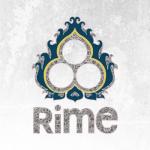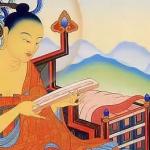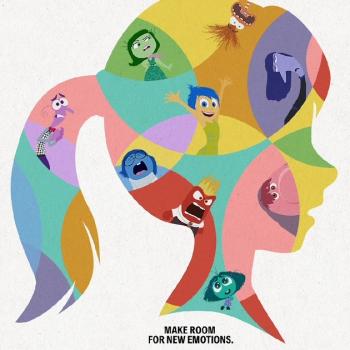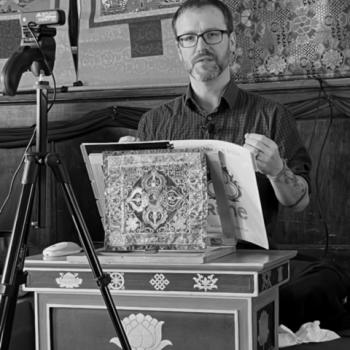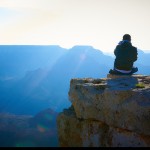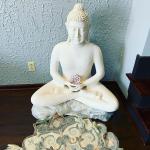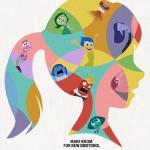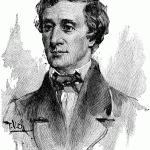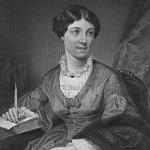I was an atheist when I started exploring Buddhism 20 or so years ago. I was one of those annoying people who judged people of faith. I was also a pretty negative and unhappy person back then. That may be hard to believe and I understand that.
Buddhism changed my life.
Recently someone referred to me as a ‘faith leader’ and I’ve carried that around a little. Am I a faith leader now? I guess I am.
I’ve changed in all those areas.
But I needed the Kalama Sutta back them. It’s the Buddha’s teaching on doubt and free inquiry. The Buddha went to this place called Kesaputta to share the teachings with this group of people called the Kalamas. This was a unique place and time for the Buddha to be teaching. Lots of spiritual teachers traveled through Kesaputta and they had heard it all. It seemed to the Kalamas like every new spiritual teacher that came through was telling them that the previous teachers were wrong and that they had the truth. The capital T truth. So, when the Buddha came through, they had a different response from most people.
The Kalamas said this to the Buddha:
“There are some monks and brahmans, venerable sir, who visit Kesaputta. They expound and explain only their own doctrines; the doctrines of others they despise, revile, and pull to pieces. Some other monks and brahmans too, venerable sir, come to Kesaputta. They also expound and explain only their own doctrines; the doctrines of others they despise, revile, and pull to pieces. Venerable sir, there is doubt, there is uncertainty in us concerning them. Which of these reverend monks and brahmans spoke the truth and which falsehood?”
They were basically ready to argue because they had been exposed to so many different spiritual teachers already.
This was the response of the Buddha:
“It is proper for you, Kalamas, to doubt, to be uncertain; uncertainty has arisen in you about what is doubtful. Come, Kalamas. Do not go upon what has been acquired by repeated hearing; nor upon tradition; nor upon rumor; nor upon what is in a scripture; nor upon surmise; nor upon an axiom; nor upon specious reasoning; nor upon a bias towards a notion that has been pondered over; nor upon another’s seeming ability; nor upon the consideration, ‘The monk is our teacher.’ Kalamas, when you yourselves know: ‘These things are bad; these things are blamable; these things are censured by the wise; undertaken and observed, these things lead to harm and ill,’ abandon them.”
He told them they shouldn’t believe things just because he said so. They should believe only things that agree with their judgment and common sense. He described doubt as a virtue and that was something they had not heard before.
In Buddhism faith and doubt are both virtues. They are like two wings of a bird, we need both.
There is more to the Kalama Sutta than those lines, but those are the ones that get written down when people want to quote from it.
I’d like to invite you to come explore the Kalama Sutta with us at the Rime Center. We’re studying it for Sutra Study Sunday on October 1st at 12:30pm at the Rime Center, 2939 Wayne Avenue. Kansas City, Missouri.
We’ll discuss the importance of doubt as well as faith and the dangers of thinking you have it all figured out.
For more and to add it to your calendar, click here:
Sutra Study Sunday – Kalama SuttaRime Buddhist Center (rimecenter.org)
And if you want to read the whole text, it’s here:
Kalama Sutta: The Buddha’s Charter of Free Inquiry (accesstoinsight.org)


